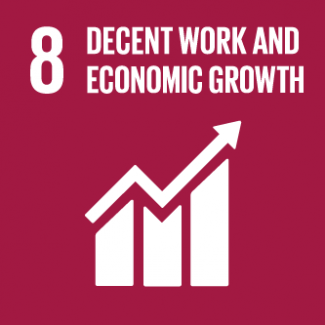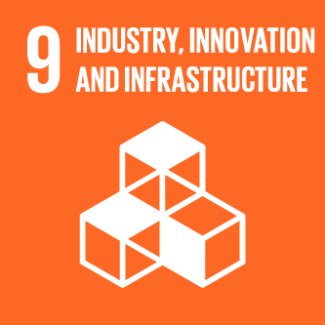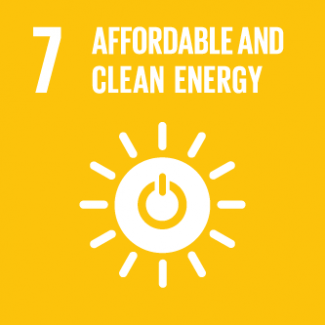Since independence, the Republic of North Macedonia has made tangible progress on social, economic, and institutional development. Income per capita doubled, and the economy moved from lower-middle-income to upper-middle-income status. Thanks to its strategic location at the heart of the Western Balkans, a relatively low-cost labor force, and generous tax credits, the Republic of North Macedonia has attracted considerable foreign direct investment (FDI), and trade openness has more than doubled in the past two decades (with exports and imports increasing as a share of gross domestic product (GDP) from 70 percent in 2003 to 170 percent today—the highest in the region). Living standards have improved, and extreme poverty and inequality have decreased, owing to the implementation of important social protection reforms that have endowed the country with functioning systems to protect the most vulnerable, especially during the recent crises.
The Republic of North Macedonia’s National Development Strategy (NDS) sets the long-term vision for the sustainable development until 2044. As a nationally led, long-term strategic framework, the NDS establishes a foundation for a competitive and dynamic private sector, inclusive growth, green transformation, and institutional resilience. It identifies six strategic areas and articulates strategic priorities necessary to advance national goals, European Integration, and Sustainable Development Goals (SDGs) while fostering a competitive and equitable economy. In doing so, the NDS provides a unifying policy reference point for aligning public investments, development partner support, and private sector engagement.
After a significant revision of national accounts, real GDP growth moved up to 2.8% in 2024. Output growth was driven by government consumption and investments, while net exports dived into negative territory. On the production side, growth was led by services and construction, largely related to highways, while manufacturing battled with weak external demand for car-supply parts.
Labor market indicators (15+) improved further in 2024, with a 0.4 percentage point increase in the employment rate and 0.1 percentage point increase in the participation rate to 45.8% and 52.3%, respectively, but gains were not uniform. While the total unemployment rate dropped to 12.4%, this was driven by those with primary and secondary education. The unemployment rate among those with higher education increased by 1.7 percentage points. The youth unemployment rate (15-24) remains high at 28.9%.
The medium-term outlook remains positive, but underlying vulnerabilities are rising. The recent shifts in global trade policy and increased uncertainty, while having a low direct impact, will indirectly affect the economy through multiple channels. Growth is expected to average 2.8% during 2025-2027, below earlier projections, as higher spending on public investment projects is offset by slowing private consumption and exports. Headline inflation is projected to remain above the long-term average until 2027, but to fall towards the 2% target thereafter.
13



Renewable Resources and Alternative Energy, Food and Beverage, Infrastructure
0.815
How is this information gathered?
SDG Investor Maps employ an 8-step methodology, combining data research and stakeholder consultations to identify Investment Opportunity Areas (IOAs) and potential business models with significant financial and impact potential.
Disclaimer
UNDP, the Private Finance for the SDGs, and their affiliates (collectively “UNDP”) do not seek or solicit investment for programmes, projects, or opportunities described on this site (collectively “Programmes”) or any other Programmes, and nothing on this page should constitute a solicitation for investment. The actors listed on this site are not partners of UNDP, and their inclusion should not be construed as an endorsement or recommendation by UNDP for any relationship or investment.
The descriptions on this page are provided for informational purposes only. Only companies and enterprises that appear under the case study tab have been validated and vetted through UNDP programmes such as the Growth Stage Impact Ventures (GSIV), Business Call to Action (BCtA), or through other UN agencies. Even then, under no circumstances should their appearance on this website be construed as an endorsement for any relationship or investment. UNDP assumes no liability for investment losses directly or indirectly resulting from recommendations made, implied, or inferred by its research. Likewise, UNDP assumes no claim to investment gains directly or indirectly resulting from trading profits, investment management, or advisory fees obtained by following investment recommendations made, implied, or inferred by its research.
Investment involves risk, and all investments should be made with the supervision of a professional investment manager or advisor. The materials on the website are not an offer to sell or a solicitation of an offer to buy any investment, security, or commodity, nor shall any security be offered or sold to any person, in any jurisdiction in which such offer would be unlawful under the securities laws of such jurisdiction.



















